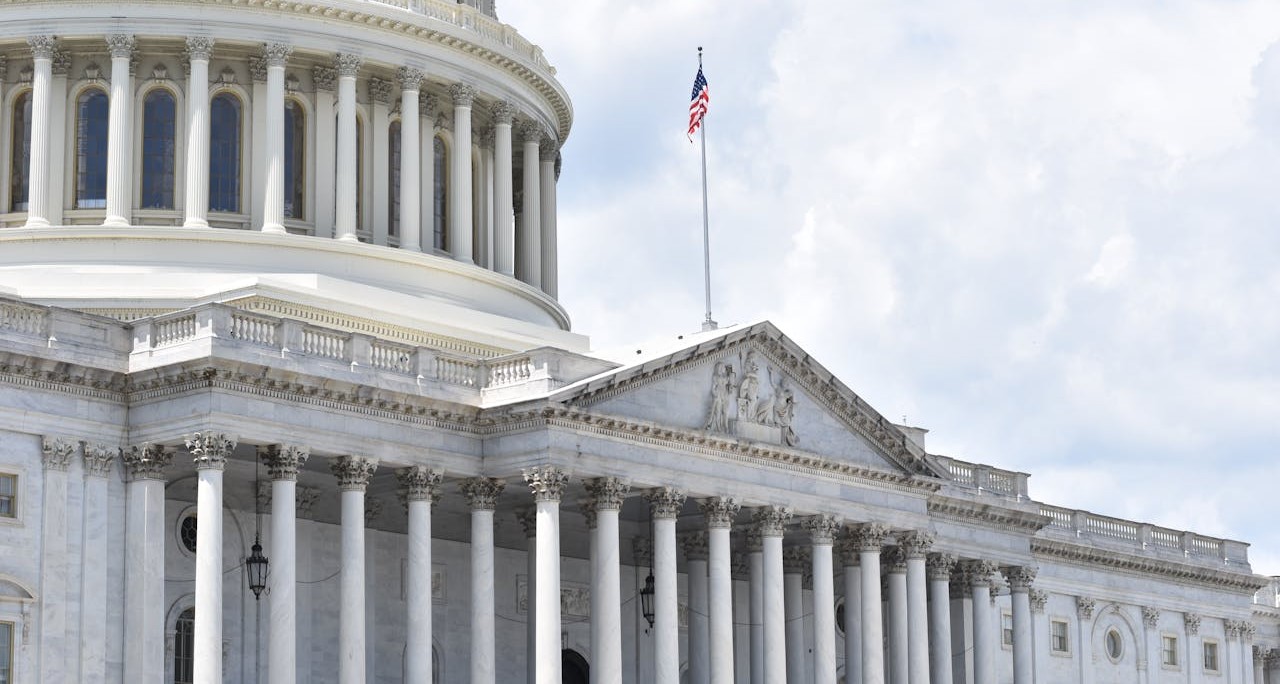|
|
 |
Each week, we bring you a collection of the most viewed stories from The Daily Brew, condensed. If you like this newsletter, consider signing up for The Daily Brew to wake up and learn something new each day.
Here are the top stories from the week of February 19 - February 23. |
|
|
|
|
|
|
|
BALLOTPEDIA |
|
|
|
|
|
|
Fifty members of Congress have announced they will not seek re-election—more than at this point in previous cycles
|
|
|
|
|
|
|
Since Jan. 9, six House members—five Republicans and one Democrat—have said they aren't running for re-election. In total, seven U.S. Senate members and 43 U.S. House members have announced they are not running for re-election.
Forty-eight members of Congress had announced their retirements at this point in the 2022 election cycle, 39 had in the 2020 cycle, and 46 had in the 2018 cycle. |
|
|
|
|
|
|
|
|
|
|
Wisconsin’s spring primaries took place on Tuesday
|
|
|
|
|
|
|
Voters in Wisconsin will have four statewide election dates on which to cast ballots, and the first was Tuesday, Feb. 20. There were 422 candidates running in 105 local primaries for a range of offices, including circuit court judgeships and school board seats. All offices on the ballot were officially nonpartisan.
The winners of these races will all be on the general election ballot on April 2.
Wisconsin is one of three states where Ballotpedia is covering all school board elections in 2024. Forty-four seats were up for election on Feb. 20 in 23 school districts. |
|
|
|
|
|
|
|
|
|
|
No open U.S. House seats in Illinois for the first time in a decade
|
|
|
|
|
|
|
For the first time since 2014, all incumbents are running for re-election this year, meaning none of Illinois’ 17 districts will be open in the upcoming House election cycle.
Forty-four candidates are running for Illinois' 17 U.S. House districts, including 23 Democrats and 21 Republicans. That's 2.59 candidates per district, which is the fewest total number of candidates to run for the U.S. House since at least 2014. |
|
|
|
|
|
|
|
|
|
|
Learn about work requirements for public assistance programs in the latest episode of On the Ballot, our weekly podcast
|
|
|
|
|
|
|
In this week’s episode of On the Ballot, our weekly podcast, our host Frank Festa sits down with Ballotpedia’s Policy Staff Writer Jon Dunn to discuss the legislative trends on work requirements for public assistance programs.
Jon breaks down the four main categories of public assistance programs that Ballotpedia covers: Medicaid, the Supplemental Nutrition Assistance Program (SNAP, formerly known as food stamps), public housing, and child care. Jon also discusses the arguments for and against work requirements, the latest policies and proposals he’s been following, and which states to watch for upcoming rules and regulations. |
|
|
|
|
|
|
|
|
|
|
|
Access to Ballotpedia is free 365 days per year... but Ballotpedia is not free to operate. Every dollar given to Ballotpedia helps ensure we continue to expand our coverage of all elections in the United States. Provide your support today and give the gift of unbiased political and policy information to all Ballotpedia readers. |
|
|
|
|
|